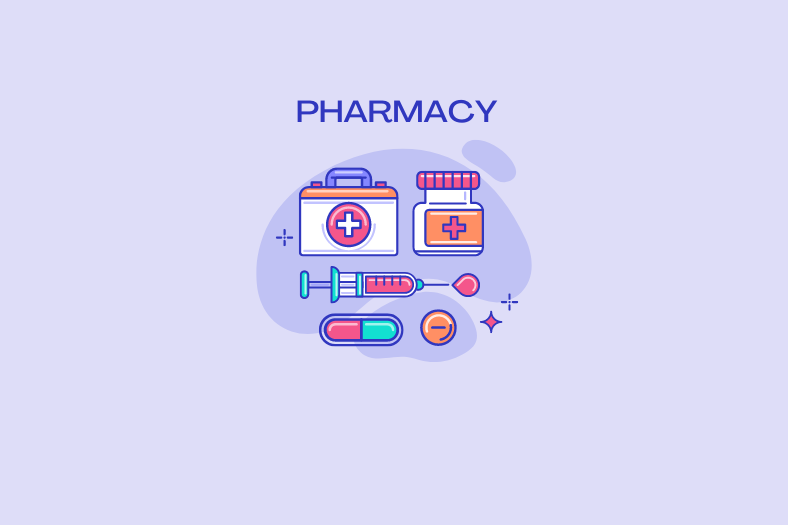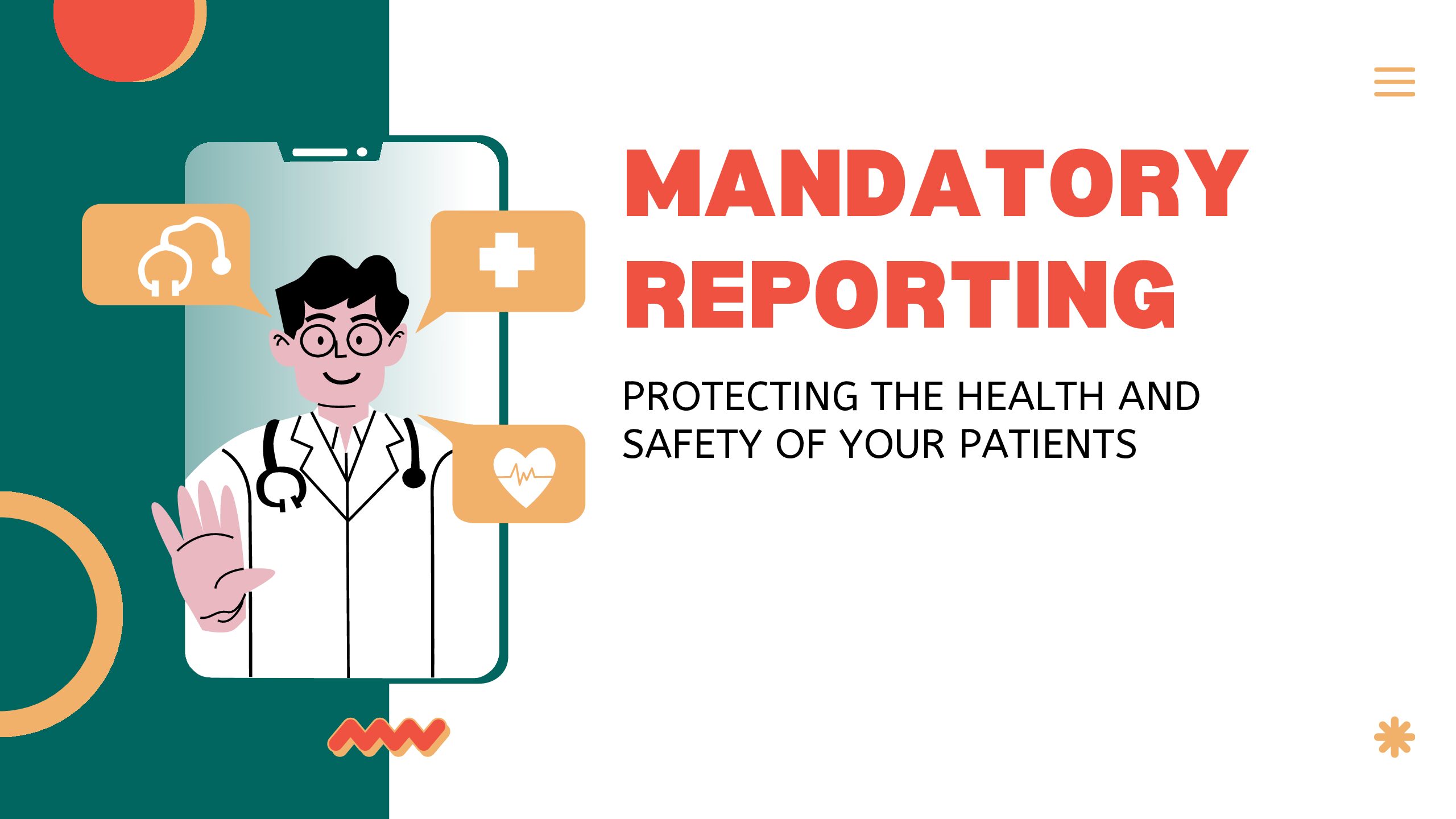When taking care of patients in hospice, it’s important to understand the difference between over-the-counter (OTC) and prescription medications. Knowing how these medications work and what they’re used for can help you provide better care.
What Are Over-the-Counter Medications?
Over-the-counter (OTC) medications are medicines you can buy without a doctor’s prescription. These include things like pain relievers (like Tylenol or Advil), cold medicines, and allergy pills. People use OTC medications for common health problems like headaches, colds, or minor aches and pains. These medicines are generally safe when used as directed on the label. But it’s still important to be careful, especially when patients are taking other medications.
What Are Prescription Medications?
Prescription medications are medicines that a doctor or other healthcare provider must prescribe. These drugs are often stronger than OTC medicines and are used to treat more serious health conditions. Because they are stronger, they can have more side effects or cause harm if not taken exactly as prescribed. Patients in hospice care often take prescription medications to manage pain, control symptoms, or treat chronic conditions.
Key Differences Between OTC and Prescription Medications
- Access: You can buy OTC medications at a store without a prescription, but you need a doctor’s order to get prescription medications.
- Strength: Prescription medications are usually stronger and meant for more serious conditions.
- Safety: Both types of medications are safe when used correctly, but prescription medications require more careful monitoring because of their strength and potential side effects.
What Hospice Aides Need to Know About Medications
- Never Give Medications Without Approval: Always follow the care plan and never give a patient any medication, including OTC, without approval from a nurse or doctor.
- Be Aware of Interactions: Some OTC medications can interact with prescription drugs and cause problems. For example, taking aspirin (an OTC pain reliever) with certain prescription blood thinners can increase the risk of bleeding.
- Watch for Side Effects: Both OTC and prescription medications can have side effects. Be alert for any changes in the patient’s condition, and report anything unusual to the nurse or healthcare provider.
- Follow State Guidelines: Each state has specific rules about what hospice aides can and cannot do when it comes to assisting with medications. In some states, aides may help with medication reminders, but they should not give medications directly. Always follow the guidelines in your state and the care plan for each patient.
Where Can You Find Out More
- FDA: Understanding Over the Counter Medication
- Mayo Clinic: Prescription Drug Information





0 Comments